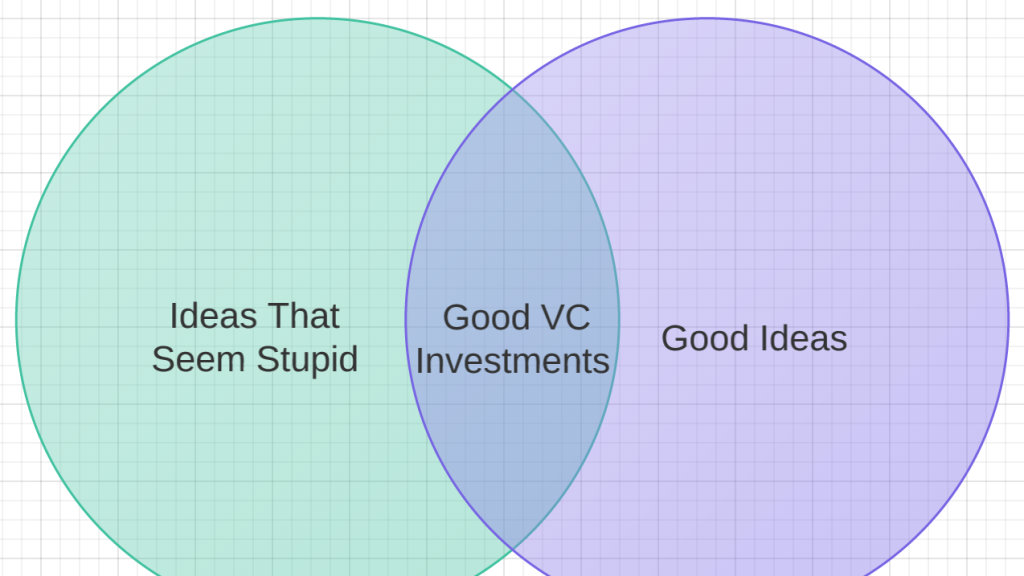|
Shh. Secret Raises $10M At A $50M Valuation
The buzzy new app Secret — which lets people post messages to their circles of contacts without attribution — has closed a $10 million round of funding at a $50 million valuation, TechCrunch has learned from two sources close to the situation. The funding was led by Google Ventures, with participation also from KPCB. The news follows a report from Friday in the WSJ, which noted the company was in the process of raising a round of money. It accurately reported the potential backers and funding amount, but we’ve now learned that the valuation is higher, and that the term sheets have already been signed. It’s a healthy sum of money and valuation for a relative newcomer. Secret launched at the end of January — amid a rush of many other apps like Whisper, Wickr, Confide, Telegram, and more — some of which were inspired to protect users from the sneaky ways of the NSA, some of which are catching on to a bigger trend for more user privacy. Secret is currently only available on iOS in the U.S. and Canada. So far its highest ranking was on February 7, when it reached number 16 in the social networking category (130 overall), according to App Annie. As of March 8, its ranking in social networking stands at 81 (1,143 overall). Co-founded by David Byttow and Chrys Bader-Wechseler (respectively with Square and Google pedigree behind them), the idea behind the app, as Byttow has explained it in the past, was to create a forum where people can feel free to speak their minds about one thing or another that a social network with more identification and accountability like Facebook or Twitter may hinder*, for fun but maybe also just to get a point across. Anonymous feedback, in other words. In in its current form, Secret has captured the attention of early adopters/tech enthusiasts. But that hasn’t always been in the most positive light, with false rumors and not a small dose of slander among more salacious, frank, funny and mundane posts. Honesty may be the best policy, but when you don’t have to put your name to it, is it the policy all of us will always follow? The startup has had a boost of attention in the last few days around the SXSW confab in Austin, possibly because people have been actively hunting around for the next big thing a la Foursquare and Twitter’s coming-out parties of years past, but possibly just because of new features. Secret added social sharing and nearby gossip to the app, as well as an online message board dedicated to SXSW that anyone can access. Taken together, the three additions are early signs of how Secret is already starting to branch out from more closed beginnings focused primarily around your own contacts. Location-based gossip, cross-posting to other networks and theme-based boards all point to other ways that Secret may not only build up conversations and interest groups, but (in my opinion) also potential commercialising opportunities. In Byttow’s on-stage interview on Saturday with TC’s Josh Constine, the Secret CEO mentioned a couple of key points that are also worth remembering as we watch the app evolve. Currently only around 10%-20% of Secret users are creating content, and that anonymous may mean without a name attached to it, but it “doesn’t mean untraceable.” In other words, we are in very early days of seeing how this evolves, and even if it looks on some level like the anti-Facebook, it’s still following some of the rules of social engagement we have seen elsewhere. And even if it feels a bit like the Wild West right now, is that bound to change? Byttow says that already there is an effort to “quarantine” certain posts (similar to how commenting system Livefyre lets moderators “Bozo” posts so that a user thinks they are live, but actually no one else can see them), and lewd content gets taken down — although there is a grey area here, apparently. Still, you can’t help but wonder when and if consumer interest, commercial focus and potential litigiousness may collide. Both Google Ventures and Kleiner Perkins also invested in Secret’s $1.43 million seed round, alongside Initialized Capital (the JV formed by Y-Combinator partners Alexis Ohanian, Harj Taggar and Garry Tan); SV Angel;Index Ventures; S-Cubed; Brett Slatkin; Harry Cheung and Fuel Capital. Yes, Facebook is moving away from insisting on real-world names, and Twitter has a long history of accounts not associated with specific people, but the idea here is that Secret lets you keep a connection to your circle of contacts — based on names in your phone’s phone book — without your identity attached to it. If you create an “anonymous” account on Twitter or Facebook, you’ll have to forge a group of followers without the crutch of a preexisting social graph. Source: TechCrunch
Quick, share this & we won't tell anyone!
|
We Share Stories Like this Every Day
Follow us to get your Daily Tech Recap! Latest Geeky Goodness:
|
| Recaply Copy |
|

















